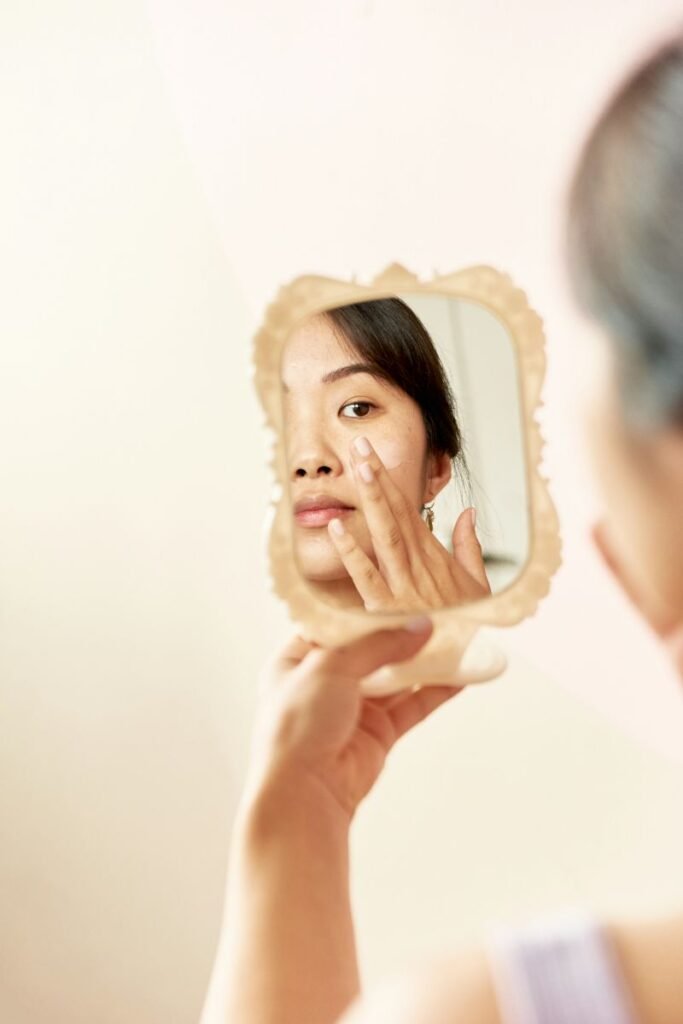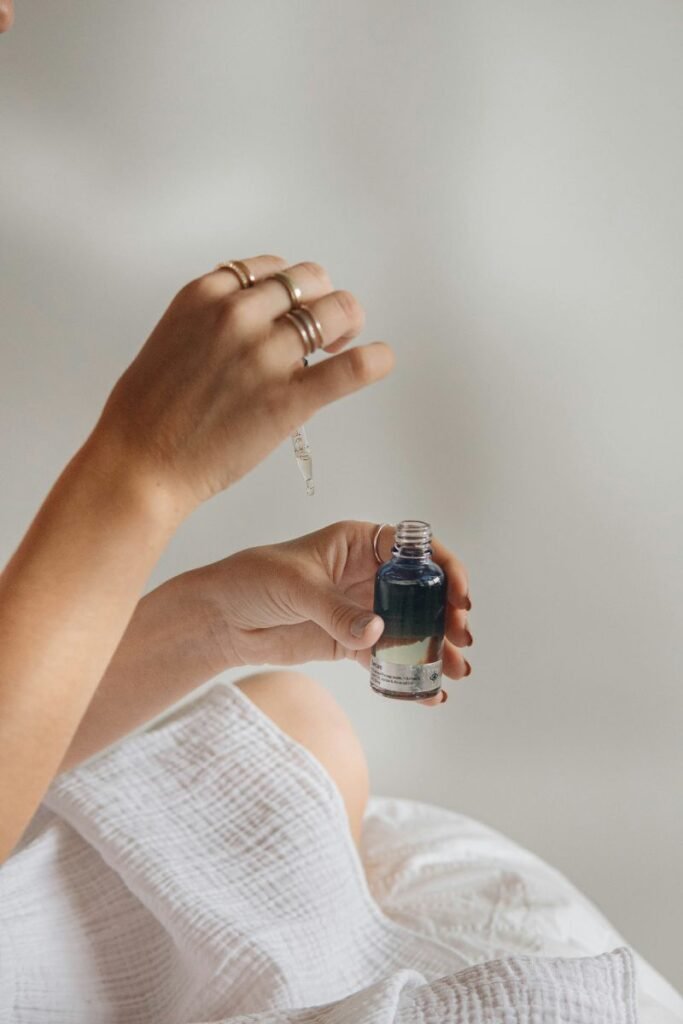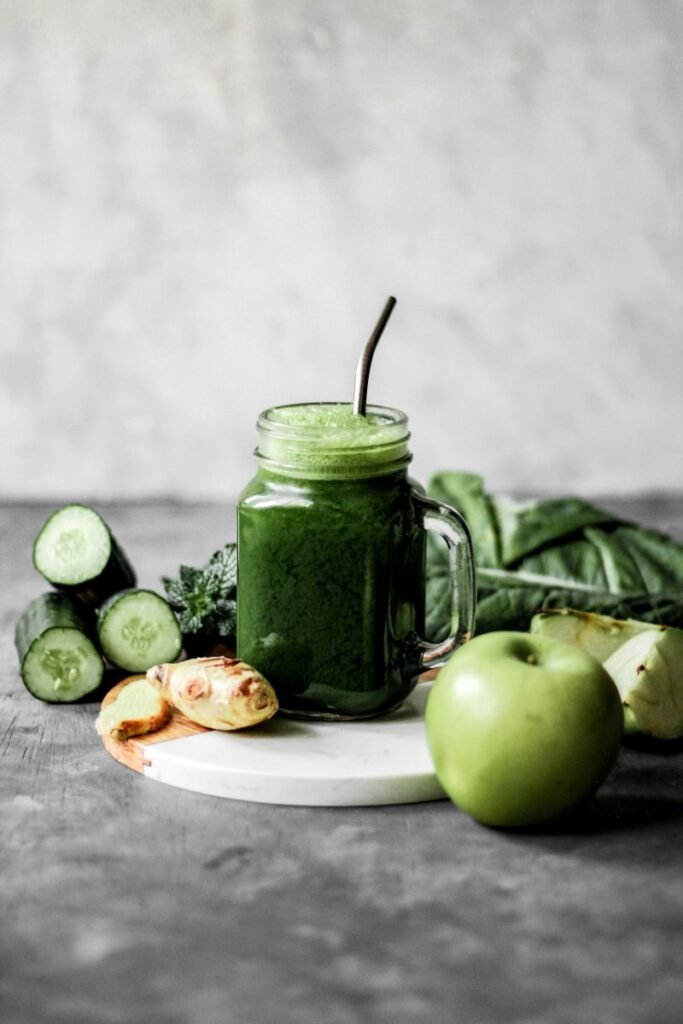Establishing a skincare routine in your 20s lays the foundation for healthy, radiant skin in the years to come. During this decade, your skin is resilient but it’s also the time to anticipate changes and take proactive steps to ensure its beauty and vitality. Your skin care choices now are crucial as they influence your skin’s future condition.
You may still be enjoying the last of your teenage years’ natural glow, but it’s important to start incorporating products that address long-term skin health, like those with antioxidants and hydration-boosting ingredients. Think of this as the perfect time to nurture your complexion. By understanding the specific needs of your skin and adapting your routine accordingly, you’ll be setting yourself up for a lifetime of glowing skin.
Remember, the habits you develop now, such as washing your face routinely and using sunscreen, are not just about preserving youth—they’re about maintaining your skin’s overall wellness. It’s not solely about fighting wrinkles or dark spots; it’s about creating a routine that keeps your skin balanced, protected, and nourished.
Understanding Your Skin in Your 20s

Your 20s are a dynamic time for your skin, as it undergoes various changes and continues to develop. It’s a period that sets the foundation for your skin’s health in the future years.
Skin Changes During Your 20s
In your 20s, you might start to notice that your skin doesn’t recover as quickly from blemishes or sunburn as it did in your teens. This is because your skin cell turnover begins to slow down. To maintain a radiant and healthy complexion, it’s crucial to adapt your skincare routine to these changes. Your focus should be on protecting and preserving your skin; preventive care is key. Incorporating a daily SPF can shield your skin from harmful UV rays and possibly prevent early signs of aging.
Common Skin Types in Your 20s
There are generally five skin types that you might fall into during your 20s:
- Normal: Balanced oil and moisture levels.
- Oily: Excess sebum production, often resulting in shine and blemishes.
- Dry: Lacking in oil, can feel tight and may flake.
- Combination: A mix of oily in some areas (usually the T-zone) and normal or dry in others.
- Sensitive: Prone to redness and irritation.
Understanding your unique skin type is essential to tailor your skincare routine effectively. For example, if you have oily skin, you might benefit from lighter, non-comedogenic moisturizers and regular exfoliation, while dry skin often requires richer hydration and gentle cleansing. If you’re dealing with acne-prone skin, there’s advice tailored for you at Byrdie’s skincare recommendations. Nurturing your skin now with the right products and habits will contribute to its long-term health and appearance.
Essential Skincare Routine

Beginning a consistent skincare routine in your 20s can lay the foundation for healthy skin throughout the years ahead. Focus on cleansing, moisturizing, and protecting your skin from the sun every day.
Daily Cleansing
You can help maintain clear, vibrant skin by washing your face twice daily. In the morning, a gentle cleanser can remove any debris that accumulates overnight. At night, it’s important to remove makeup and pollutants. For more information on daily cleansing habits, visit American Academy of Dermatology.
- Morning: Splash with water or use a gentle cleanser.
- Night: Use a cleanser to remove makeup and pollutants.
Moisturizing Strategies
Keeping your skin hydrated is crucial. Find a moisturizer that suits your skin type—whether it’s oily, dry, or combination. A good moisturizer can help to balance your skin and prevent issues like dryness or oiliness. For a deeper dive into what type of moisturizer to look for, Byrdie offers some dermatologist advice.
- Oily Skin: Look for lightweight, water-based formulas.
- Dry Skin: Creams with hyaluronic acid and ceramides can be beneficial.
Sun Protection Essentials
No matter the weather, applying sunscreen daily is a non-negotiable practice to prevent premature aging and protect against skin cancer. Aim for a broad-spectrum sunscreen with at least SPF 30. A useful resource for sun protection information can be found on Allure.
- Every Morning: Apply broad-spectrum SPF 30+ sunscreen.
- Reapplication: Remember to reapply every two hours if you’re outdoors.
Targeted Treatments and Preventative Care
Your 20s are a crucial time for skincare, focusing on both targeted treatments and preventative measures to maintain healthy, radiant skin.
Anti-Aging Products
In your 20s, it’s smart to start incorporating anti-aging products into your routine. Look for formulas with peptides and antioxidants like vitamin C to support skin elasticity and fend off early signs of aging. Nightly use of retinol can also help, but start with lower concentrations to gauge your skin’s response.
Acne and Blemish Control
For acne and blemish control, use a mild cleanser designed for acne-prone skin to remove excess oil without stripping your skin’s natural moisture. Salicylic acid and benzoyl peroxide are effective ingredients to look for in topical treatments. Remember to moisturize even if your skin is oily—a non-comedogenic lotion will hydrate without clogging your pores.
Addressing Hyperpigmentation
To address hyperpigmentation, sun protection is essential. Use a broad-spectrum SPF daily, and consider adding a vitamin C serum to your routine, which can help fade dark spots and even out your skin tone. For stubborn areas, products containing licorice extract or kojic acid can be beneficial.
Lifestyle and Skincare

Adopting a healthy lifestyle can play a pivotal role in the appearance and health of your skin, especially in your 20s. Below, we explore how diet, exercise, and stress management can contribute to a glowing complexion.
Diet and Hydration
Your skin reflects what you eat, so nourish it from the inside out. Opt for a diet rich in vitamins, minerals, and antioxidants, found in fruits and vegetables like blueberries and leafy greens. Hydration is equally critical; aim to drink at least eight 8-ounce glasses of water daily for hydrated, supple skin.
Exercise and Your Skin
Regular physical activity increases blood flow, which helps nourish skin cells. Blood carries oxygen and nutrients to working cells throughout the body, including the skin. Moreover, exercising doesn’t just burn calories; it also helps clear toxins through sweat, leading to a clearer complexion.
Sleep and Stress Management
Stress can trigger skin issues like breakouts and accelerate aging, so managing your stress is essential. Ensure you’re getting enough sleep—aim for 7-9 hours each night. Quality sleep not only helps reduce stress but also allows your skin to repair itself.

